INDOPAR - Building a Better Future with BCI Certified Cotton Fabrics
"BCI Certified Cotton Fabrics: Sustainable, Ethical, Responsible" - Benefits include reduced environmental impact and improved livelihoods.
The Better Cotton Initiative (BCI) is a global non-profit organization that aims to make cotton production more sustainable. BCI works with farmers, cotton industry stakeholders, and retailers to promote better practices in cotton farming, such as reducing water usage, minimizing the use of harmful pesticides, and promoting fair labor practices. BCI offers training and support to cotton farmers and works with retailers to increase the availability of sustainably produced cotton products. The organization's goal is to make Better Cotton a sustainable mainstream commodity, and it has already reached millions of farmers in countries around the world.
The Sustainable Development Goals (SDGs) are a set of 17 global goals established by the United Nations in 2015 to promote sustainable development worldwide. These goals cover a wide range of issues, including poverty, health, education, gender equality, climate action, and more. The use of BCI certified cotton fabrics contribute to several of these SDGs.
SDG 2: Zero Hunger
By promoting sustainable cotton farming practices, BCI helps to improve the livelihoods of cotton farmers and their families, which can help to reduce hunger and poverty in their communities.
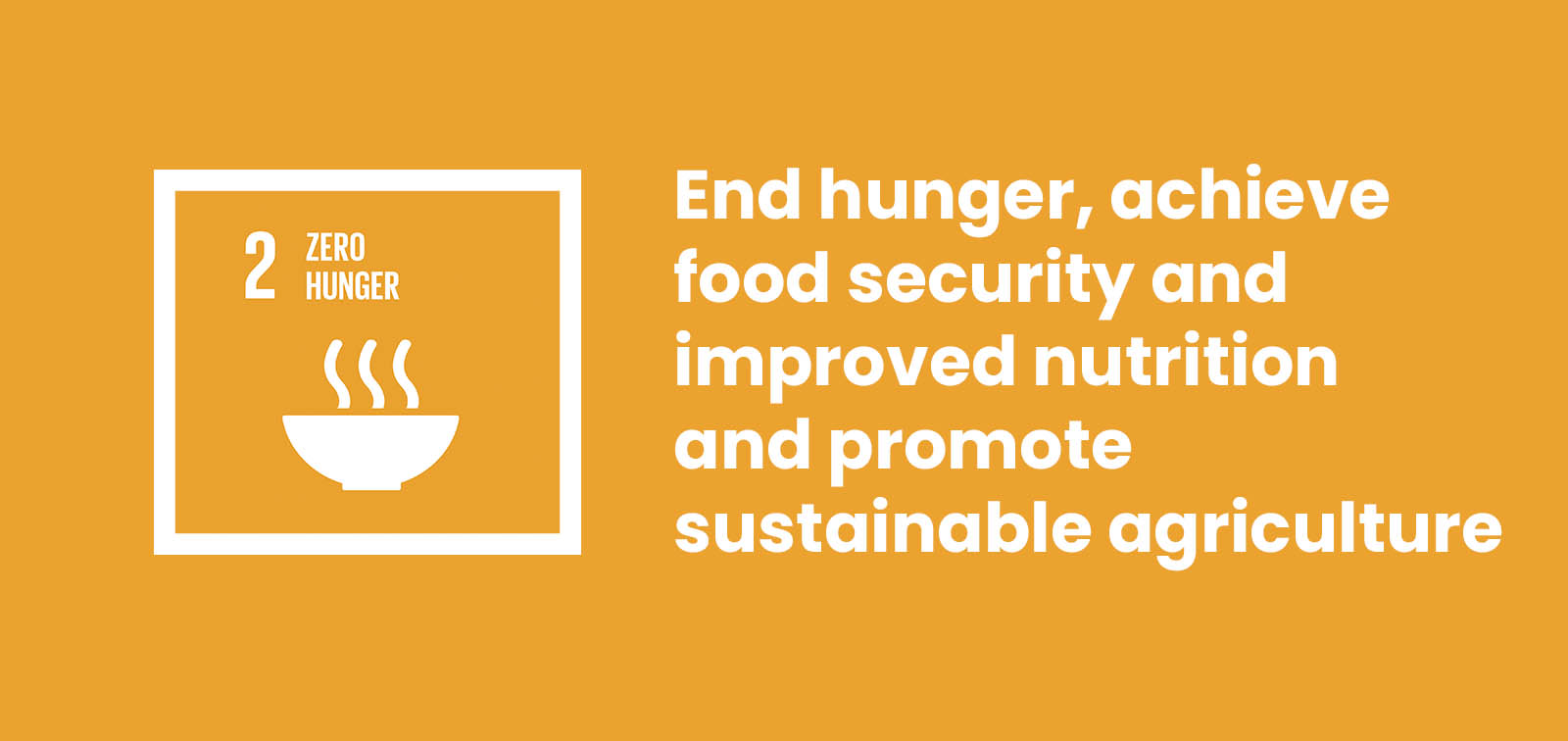
SDG 6: Clean Water and Sanitation
Cotton farming is a water-intensive process, and the use of synthetic fertilizers and pesticides can also contaminate water sources. By using less water and fewer chemicals, BCI certified cotton farming practices help to reduce the environmental impact of cotton production and protect water sources.
SDG 8 Decent Work and Economic Growth
BCI works to improve the working conditions and livelihoods of cotton farmers, which can contribute to economic growth and create more sustainable and stable communities.
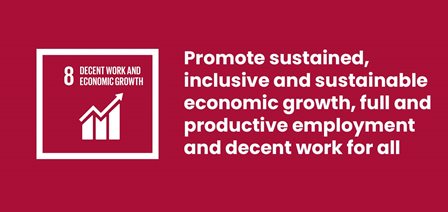
SDG 12 Responsible Consumption and Production
BCI certified cotton fabrics are produced in a more sustainable and responsible way, which can help to reduce the environmental impact of textile production and promote more responsible consumption.
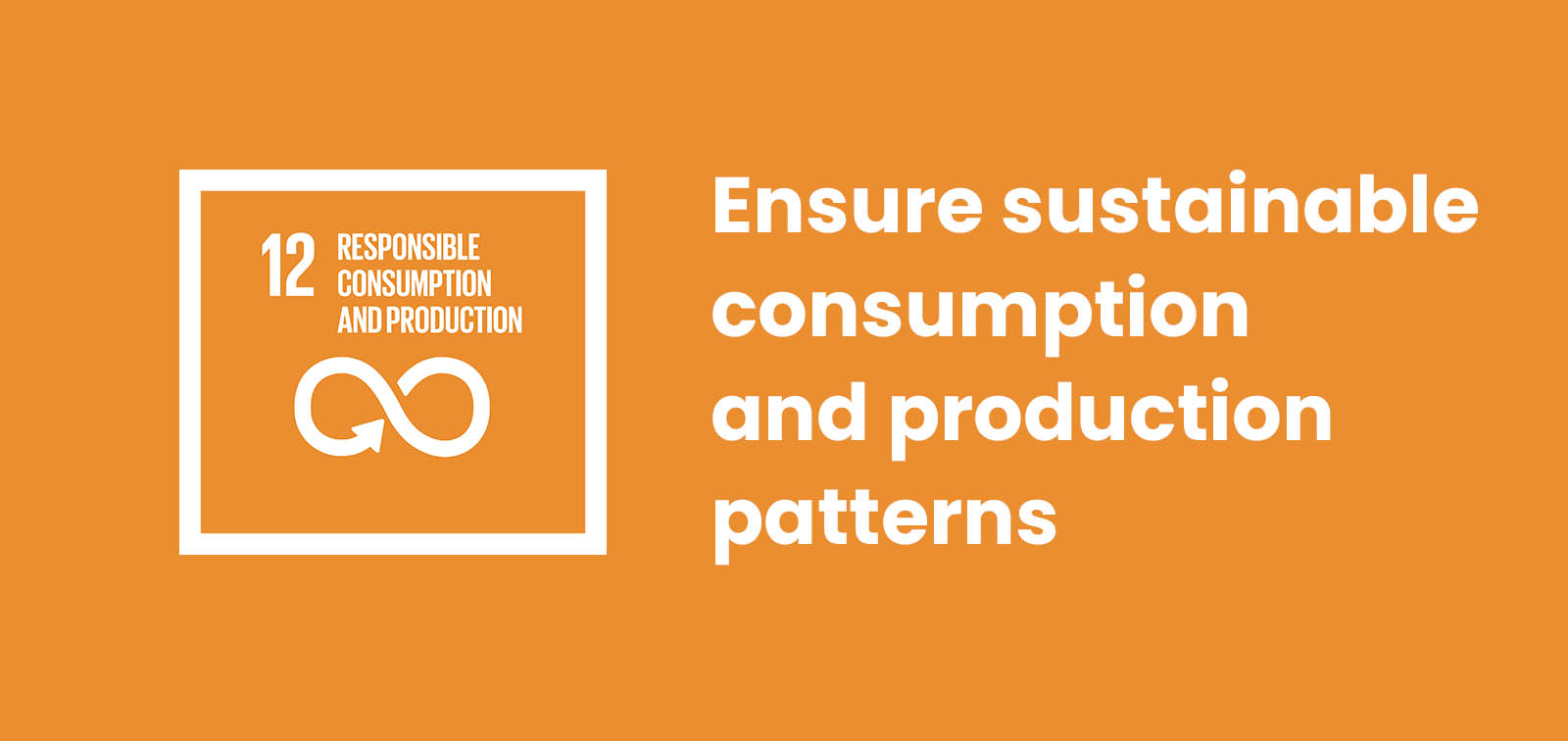
SDG 13 Climate Action
By using fewer synthetic fertilizers and pesticides and promoting sustainable farming practices, BCI helps to reduce greenhouse gas emissions and mitigate the impact of climate change.
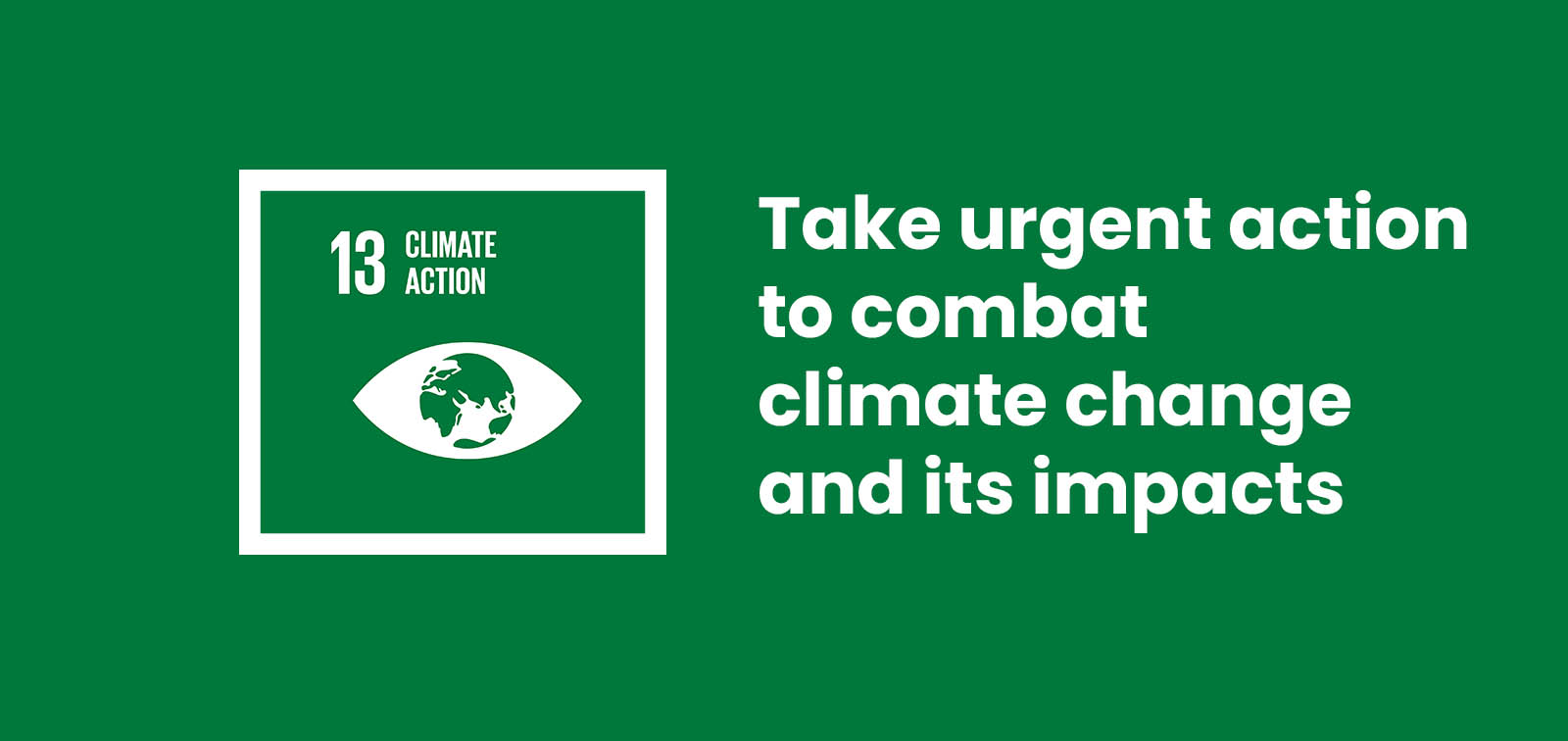
Using BCI cotton can have several benefits:
Sustainability: BCI cotton is produced with better practices that promote more sustainable cotton farming, such as reducing the use of harmful pesticides and minimizing water usage.
Social Responsibility: BCI promotes fair labor practices and better working conditions for cotton farmers.
Transparency: BCI provides traceability in the supply chain, allowing consumers to know where the cotton in their products comes from and how it was produced.
Market Demand: With growing awareness of sustainability and social responsibility, there is an increasing demand for products made with sustainable materials. Choosing BCI cotton can help meet this demand and appeal to consumers who prioritize sustainability.
By choosing products made with BCI cotton, you help contribute to several of the SDGs, including zero hunger, clean water and sanitation, decent work and economic growth, responsible consumption and production, and climate action. By supporting BCI and choosing these fabrics, we can help to create a more sustainable and equitable world for all.
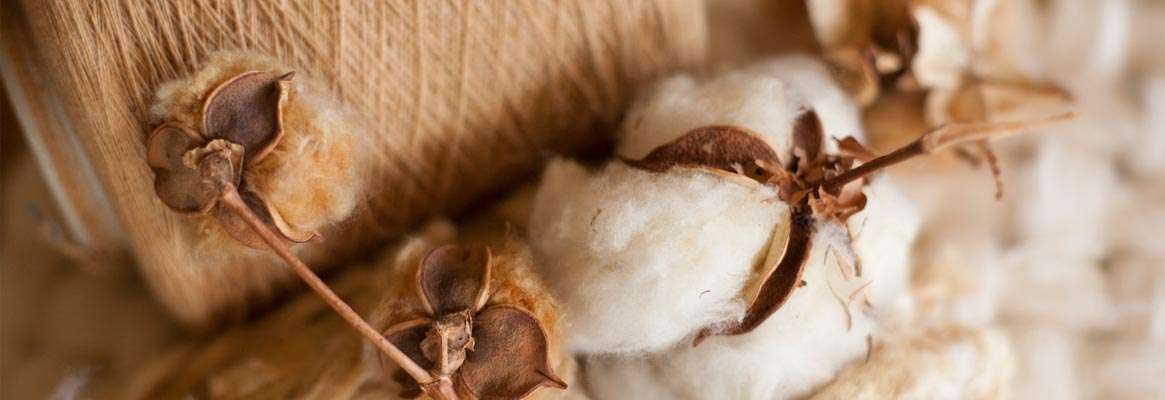
No comments yet. Inicie sesión para iniciar una nueva discusión Empezar una nueva conversación